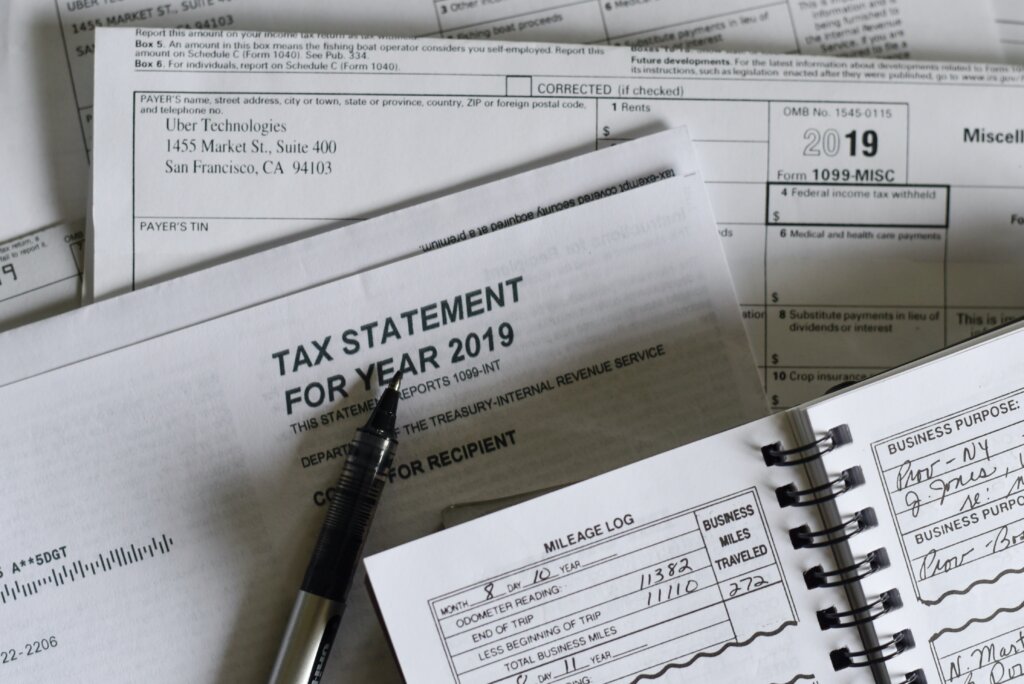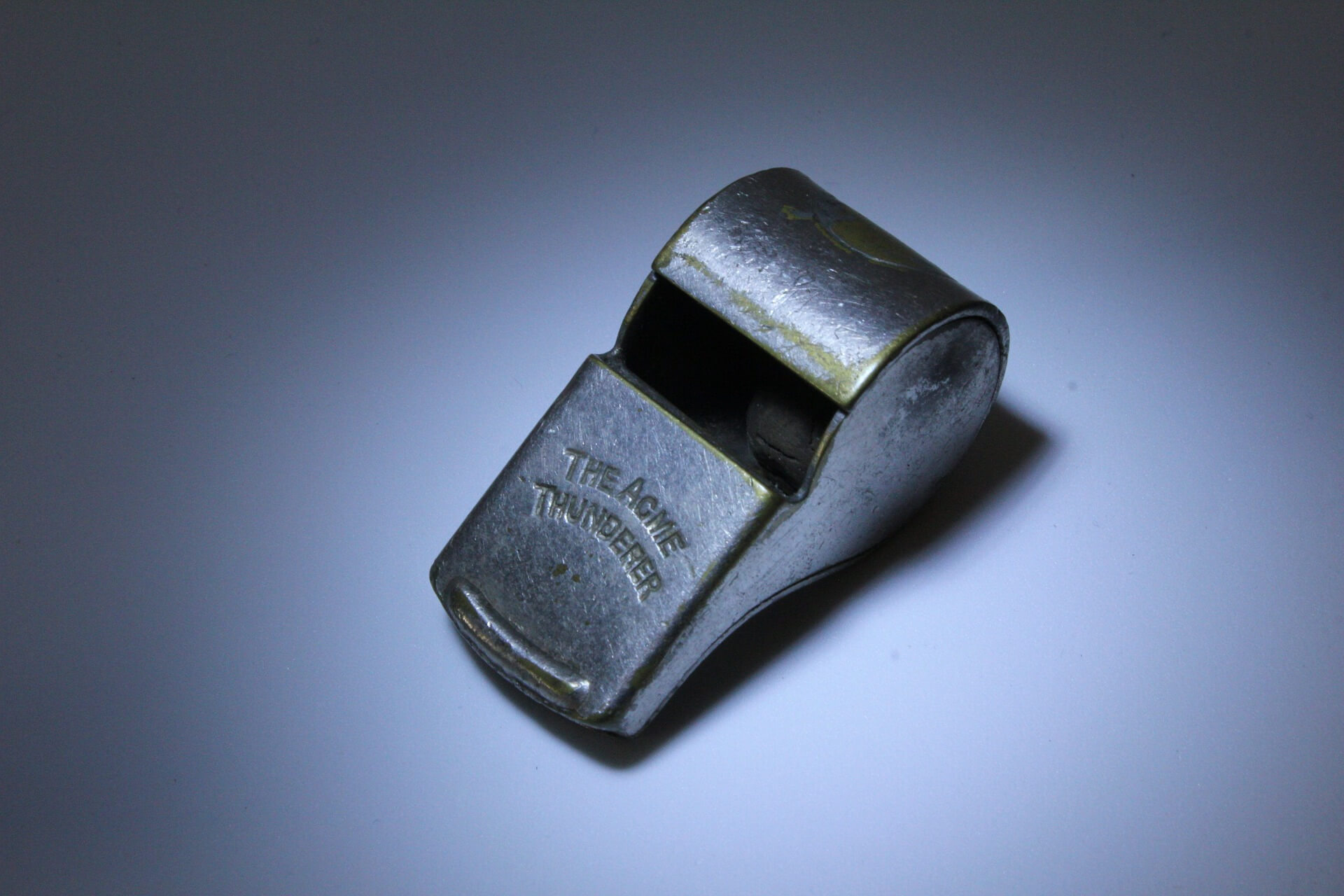If you believe that your employer, or another company or person, is defrauding the government or committing financial fraud and you are deciding whether to report the fraud, ask yourself whether you have detailed information about the fraud and who committed it.
What is a whistleblower?
A whistleblower is a person who reports illegal, unethical, or fraudulent activities within an organization.
If you have firsthand knowledge of the fraudulent activity, you can provide valuable evidence and testimony that can help the government prosecute the case.
Whistleblowers generally do not need to be employees at the company where fraudulent activity is taking place, although this is often the case. Depending on the nature of the fraud, and depending on the applicable laws, whistleblowers could be a current or former employee, contractors, patients, or even simply individuals with knowledge of the alleged misconduct.
Whistleblower programs – various ways to blow the whistle
There are various laws and programs under which you may initiate a whistleblower claim and be entitled to a monetary award if the government recovers money as a result of your information.
Here are three of the main whistleblower laws / programs to be aware of.
The False Claims Act
The federal False Claims Act allows private individuals to reveal fraudulent conduct by filing a lawsuit on behalf of the federal government. Through counsel, whistleblowers may file a whistleblower complaint–called a “qui tam” lawsuit–reporting the fraud and may be entitled to receive 15-30% of the proceeds the federal government recovers.
The False Claims Act has particular requirements and procedures which must be followed carefully. For more details about the False Claims Act process, click here.
Types of fraud that would be reported under a False Claims Act case include:
- Medicare or Medicaid fraud (i.e. fraud of government healthcare programs)
- Government contractor fraud
- Customs and tariff fraud
Most states have their own state false claims acts, and the ranges of potential recoveries are similar.
The SEC Whistleblower Program

The SEC Whistleblower Program allows individuals with detailed information of alleged fraud by banks, hedge funds or other financial entities to file claims with the Securities and Exchange Commission.
If a person provides the SEC with original information concerning financial fraud that leads to a recovery of more than $1 million, the person can receive a whistleblower reward of 10-30% of the amount collected.
Types of financial fraud that could be reported under the SEC Whistleblower Program include:
- Insider trading
- Financial statement and disclosure fraud
- Insufficient internal controls in publicly traded companies
- Failure of duties by investment adviser and broker-dealer firms
- Money laundering
- Failing to protect client data
- Foreign bribery and corruption
For more information on the SEC whistleblower program, click here.
The IRS Whistleblower Program

The IRS Whistleblower Program rewards individuals who report major tax evasion by businesses or individuals.
If the IRS collects $2 million from or more as a result of the information provided (or in the case of an individual taxpayer, the taxpayer had gross income exceeding $200,000), the whistleblower may receive an award of 15-30% of the amount collected.
Elements of a successful whistleblower case
Be careful not to discuss your potential case with anyone other than a whistleblower attorney. Public knowledge of the information can impede recovery of a reward for the whistleblower.
Original source for the information
In a viable FCA qui tam lawsuit, the whistleblower must be the original source of information relating to knowing fraud that is material to the government’s payment decision.
“Original source” under the False Claims Act means an individual who either:
- “prior to a public disclosure . . ., has voluntarily disclosed to the Government the information on which allegations or transactions in a claim are based,” or
- “has knowledge that is independent of and materially adds to the publicly disclosed allegations or transactions, and who has voluntarily provided the information to the Government before filing an action.”
In a viable SEC claim, the whistleblower must have original information about a possible violation of the federal securities laws.
In a viable IRS claim, the whistleblower must have specific information that is supported by documentation and is timely provided to the IRS by a credible source.
This is one reason it is critical to speak with an experienced whistleblower attorney and report your information in a timely manner.
It is likewise important not to discuss your potential whistleblower case with anyone other than your attorney. Public knowledge of the information can impede recovery of a whistleblower reward.
Materiality of the information
The whistleblower must have information indicating that the fraud was “material” to the government’s payment decision. Just because something is immoral does not necessarily mean that it can form the basis for a fraud claim.
The misconduct must have been something that would have mattered to the government.
Corroboration of your case
Knowing of fraud and proving fraud are two different things. Fraud must be pled with “particularity.”
This means that the potential whistleblower needs to have specific evidence concerning the wrongdoing, not just conclusions that it happened.
Evidence of fraud can include:
- Descriptions of situations observed and/or conversations overheard;
- Documents, including but not limited to: emails, text messages, or other forms of written communication; spreadsheets; meeting minutes; company handbook regulations; and other notes or written records.
Assisting the government’s investigation
If your information results in a successful recovery for the government, the government and/or the court will take into account your role in advancing the case to a resolution when deciding what percentage of the proceeds to award you as the whistleblower.
The government’s attorneys often work with the whistleblower and their counsel to build the case. In some instances, the government will ask the whistleblower’s counsel to play an active role in the investigation, such as by drafting document requests or reviewing documents.
Providing prompt and able assistance to the government will increase the likelihood of the whistleblower receiving a larger share of any potential recovery.
The skill and experience of the whistleblower’s attorney can thus add significantly to the whistleblower’s chances of receiving a larger award, which is one of several reasons why having the right attorney is so critical when bringing whistleblower claims.
Timeframe for a successful whistleblower case
The timeframe for successful whistleblower lawsuits, and of ultimately receiving a reward, can vary greatly depending on the specific case and the government agency (or agencies) handling the investigation.
FCA qui tam cases can take as short as one year or last several years. Based on our experience, the average qui tam case lasts about 2-3 years.
Unlike FCA qui tam actions which are filed in court, SEC and IRS whistleblower cases are filed with the respective agency. Because SEC and IRS cases do not have deadlines imposed by a judge, these cases can last several years while the respective agency investigates the claim.
The IRS notifies the whistleblower when the whistleblower’s case has been referred for audit or examination and, ultimately, whether the whistleblower will receive an award. The SEC is not required to notify whistleblowers if their tips are being investigated, but may provide periodic updates to the whistleblower’s counsel.
Keep in mind that the investigation and resolution of the case must take place before a whistleblower reward can be granted. Whistleblowers should therefore not expect to receive a reward immediately after making a report, and should also not rely on whistleblower rewards as their sole motivation for coming forward with information.
At Jeff Newman Law, we are a law firm that specializes in representing whistleblowers, and we have a long track record of recovering multi-million dollar settlements on behalf of our whistleblower clients.
Get in touch today for a free confidential assessment of whether you might have a potential upcoding or provider billing fraud lawsuit that could result in a whistleblower award:
- Contact us for a free confidential consultation
- Call us at (617) 823-3217
